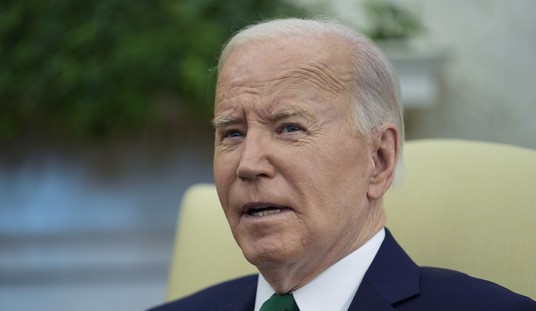
It was 1982, Leopoldo Galtieri was doing a horrendous job of running Argentina and hungry, disappointed people had begun to complain about it. Galtieri decided to initiate a war with Great Britain over the Falkland Islands to Rodeo-Clown the attention of the Argentinean public away from his own inability to govern. Onwar.com describes Galtieri’s motivations for adding to the sum total of human misery below.
In early 1982 the Argentine military junta led by Lieutenant General Leopoldo Galtieri gave up on long-running negotiations with Britain and instead launched an invasion of the islands. The decision to invade was chiefly political: the junta, which was being criticized for economic mismanagement and human rights abuses, believed that the “recovery” of the islands would unite Argentines behind the government in a patriotic fervour.
The plan, and Argentinean public opinion, both blew up in Galtieri’s face. He lost his war, was driven from power, and is remembered more for his appearance in the lyrics of an obscure Pink Floyd Song than for his impact on human history. However, that hasn’t stopped others from following in his benighted footsteps. As Redstate Front Page Contributor, Jeff Emanuel recently wrote, China and Japan are close to initiating violent unpleasantness over a bunch of Islands in the East China Sea.
While China isn’t as badly wounded as Galtieri’s dysfunctional Argentine Junta, they are not having a banner year either. Joe Weisenthal of Business Insider took notice of this when stock market declines in both China and Japan threatened asset values in the US and thus fell into his journalistic lane, so-to-speak. Here’s what pinged his radar.
Asian markets got clobbered last night. Shanghai fell 2.08%. Japan fell 1.6%.
Shanghai’s index getting Shanghaied probably doesn’t have much to do with Japan’s trolling in their territorial fishing grounds off of some bleak, rocky island chain. China has taken economic hits all year long. Their banks are losing loan volume, they are importing less, and foreign investment banks have reduced their estimates for Chinese GDP growth in the coming quarter. When these things happen here they indicate that life will be less pleasant for Americans.
Struggling nations often use faux-nationalism to stir up hatred of foreigners in order to deflect blame from hitting the people in power. The Anti-Japanese demonstrations in China have been quite colorful and the images are NSFW. Japanese businesses and products get vandalized and the Japanese Embassy has been attacked.
All of this makes me believe that history in The Far East may well be about to rhyme with history that took place in the vicinity of a chain of islands known as The Malvinas by frustrated Argentineans who believe them to be their territory. Chinese, Japanese and Taiwanese military officials have ordered their sailors, coast-guardsmen or soldiers to be ready for action. The tension ratchets up and is being aided and abetted by the Chinese Government. This anti-Japanese two-minute hate also coincides with a trillion Yuan infrastructure spending spree.
This reminds Fareed Zakaria of Pre-WWI Germany.
What about China today? Certainly the regime in Beijing has characteristics that make it a difficult partner. The best analogy, though, is not to the Third Reich but to the Second. Like Germany in the late 19th century, China is also growing rapidly but uncertainly into a global system in which it feels it deserves more attention and honor. China’s military is a powerful political player, as was the Prussian officer corps. Like Wilhelmine Germany, the Chinese regime is trying to hold onto political power even as it unleashes forces in society that make its control increasingly shaky.
Regimes in transition often make policy erratically, use nationalism as a unifying device and look for support from groups like the military, which then acquire even greater influence. This combination of hubris and insecurity can be difficult to negotiate with. And once Deng Xiaoping dies, China will have no more Bismarck-like statesman with the skill and credibility to keep the balancing act going.
It would be tragic if Zakaria were accurate. China would pose a far greater challenge to Japan than the villainous and banal Galtieri posed to Margaret Thatcher. The challenge to Russia, The Koreas, Taiwan, The US and the rest of the world would start soon after China rolled Japan’s Coast Guard and began its territorial expansion.













Join the conversation as a VIP Member